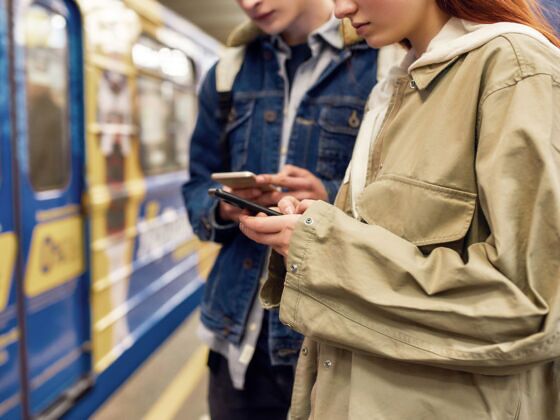One in four people have been hacked while using public WiFi abroad, according to new research from cybersecurity company NordVPN.
“It is typical to scroll through your phone while waiting for a flight or train. However, when on vacation, people tend to forget about their online security,” said NordVPN cybersecurity expert Daniel Markuson in a statement to TravelPulse. “Hackers take advantage of that and use the public WiFi network weaknesses in airports and train stations to get their hands onto sensitive personal or corporate data.”
